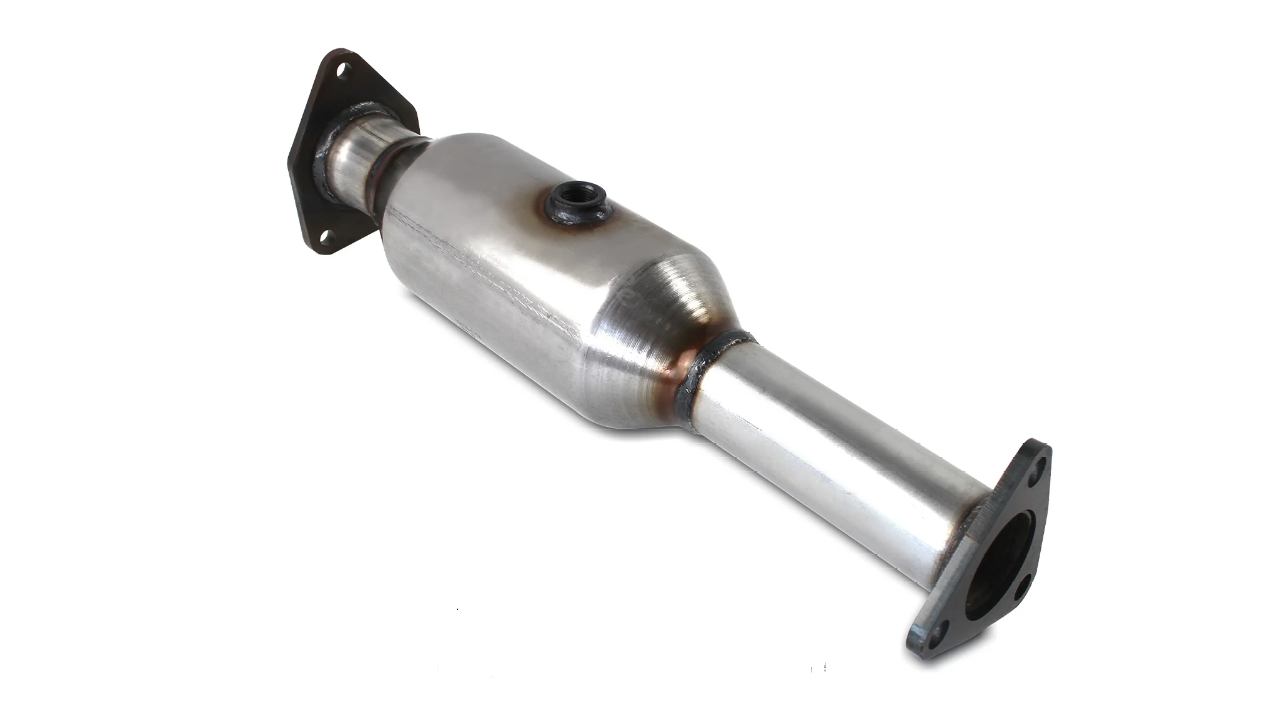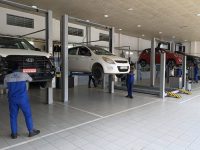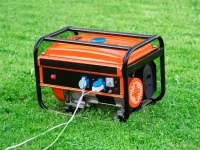The Importance of Three Way Catalytic Converters and Fuel Injectors in a Vehicle’s Emissions System

Your vehicle’s emissions system is designed to reduce the amount of harmful pollutants that are released into the atmosphere. Two critical components of this system are the three way catalytic converter and the fuel injectors. In this article, we’ll take a closer look at these components, understand their functions, and discuss how they work together to help improve the performance of your vehicle.
What is a Three Way Catalytic Converter?
A three way catalytic converter, also known as a TWC, is a critical component of your vehicle’s emissions system. Its main function is to reduce the harmful emissions released by your car’s engine. The TWC is designed to remove three primary pollutants, namely carbon monoxide (CO), nitrogen oxides (NOX), and hydrocarbons (HC).
The TWC works by using a combination of precious metals, such as platinum and palladium, as catalysts. When the exhaust gases from your engine pass through the TWC, the catalysts cause chemical reactions that convert the harmful pollutants into less harmful substances, such as carbon dioxide (CO2), nitrogen (N2), and water (H2O). This helps to reduce the environmental impact of your vehicle and comply with government regulations for emissions.
What is a Fuel Injector?
A fuel injector is an electrically controlled device that delivers fuel to the engine’s combustion chamber. Its primary function is to ensure that the correct amount of fuel is delivered at the correct time, which helps to improve the performance and efficiency of your engine. The fuel injector works by using a solenoid-controlled valve that opens and closes in response to a signal from the engine control module (ECM).

The Importance of Proper Functioning of Three Way Catalytic Converters and Fuel Injectors
The proper functioning of both the TWC and fuel injectors is critical for ensuring that your vehicle runs smoothly and efficiently, while also reducing its environmental impact. If either of these components is not functioning correctly, it can lead to a range of problems, including:
Increased emissions: If the TWC is not working correctly, harmful pollutants will not be converted into less harmful substances, leading to increased emissions. This can not only harm the environment but also result in fines and penalties if your vehicle does not meet the required emissions standards.
Engine performance issues: If the fuel injector is not delivering fuel correctly, it can cause your engine to run poorly or even stall. This can result in decreased performance, reduced fuel efficiency, and higher emissions.
Engine damage: If the TWC is not functioning correctly, it can result in high levels of heat, which can cause damage to your engine. Additionally, if the fuel injector is not delivering the correct amount of fuel, it can cause the engine to run too rich or too lean, which can also result in engine damage.
Ensuring Proper Functioning of Three Way Catalytic Converters and Fuel Injectors
To ensure that your TWC and fuel injectors are functioning correctly, it is important to follow the manufacturer’s recommended maintenance schedule, which may include regular inspections, cleaning, or replacement of these components. Additionally, it is recommended that you have your vehicle’s emissions system checked if you notice any changes in performance or if the “check engine” light comes on.
Summary
The Importance of Three Way Catalytic Converters and Fuel Injectors in a Vehicle’s Emissions System highlights the critical role of these two components in reducing harmful emissions from a vehicle and improving its performance and efficiency. A Three Way Catalytic (TWC) Converter is responsible for reducing carbon monoxide, nitrogen oxides, and hydrocarbons by converting them into less harmful substances. A fuel injector delivers the correct amount of fuel to the engine’s combustion chamber to improve performance and efficiency. Proper functioning of both TWC and fuel injectors is important for reducing emissions, avoiding engine performance issues, and avoiding engine damage. Regular maintenance and inspections are recommended to keep these components functioning correctly.







